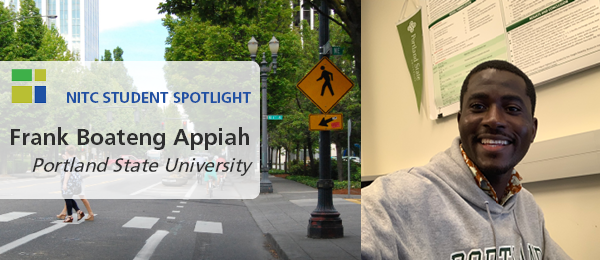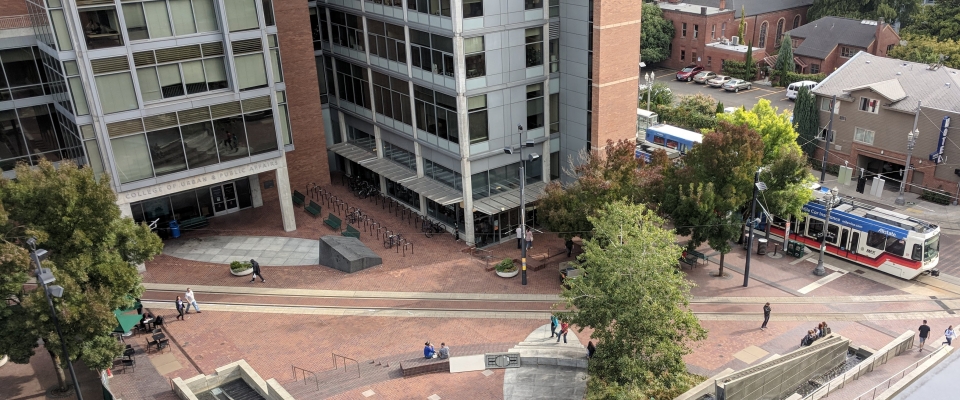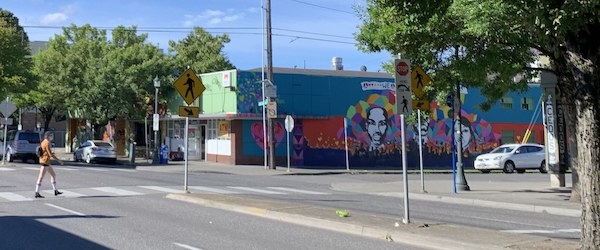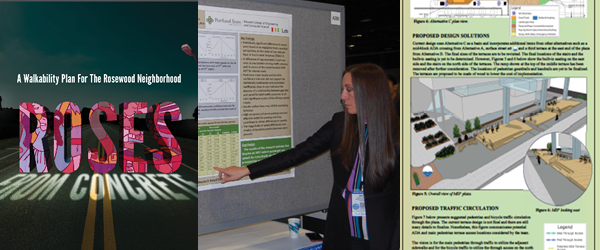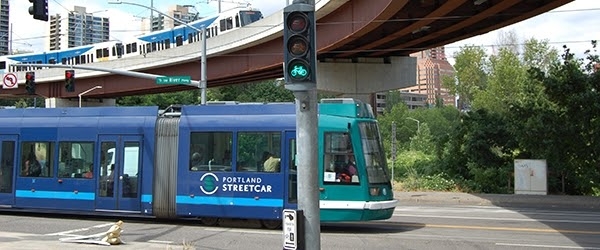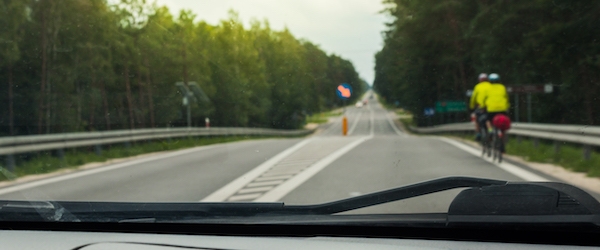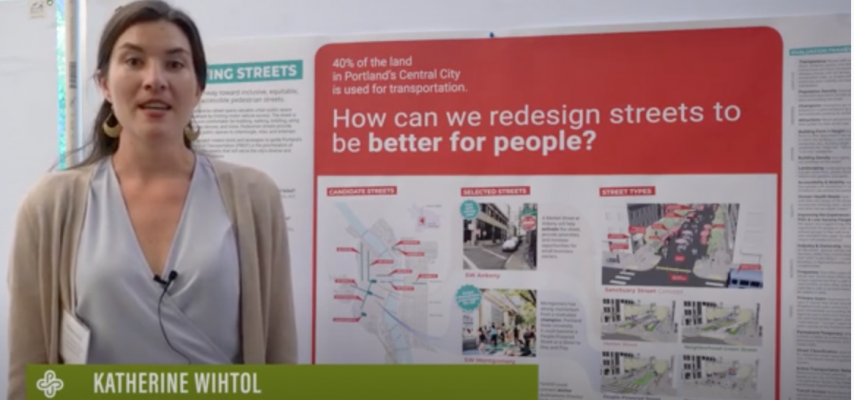Tell us about yourself?
I come from a small town in Ghana called Adamsu but spent most of my formative years in Accra, the capital city. Living in Accra, a city where road transport has been the primary mode for several decades, I came to appreciate how a disintegrated transportation system affects a nation’s economic growth and therefore requires effective and efficient planning and design to increase productivity. This informed my decision to read civil engineering during my 4-year undergraduate study at Kwame Nkrumah University of Science and technology. At Tech I was much involved in student groups such as CESA (Civil Engineering Students Association), where I held some...
Read more
